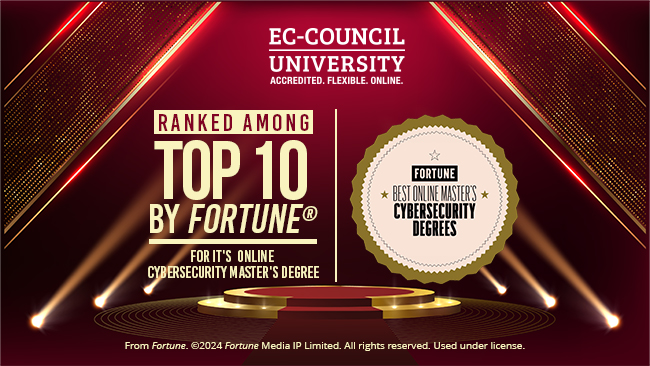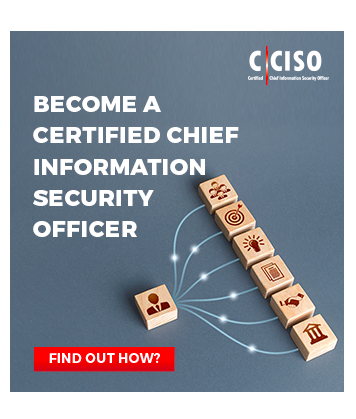Cyber defense has become very important to organizations of all sizes as cyber breaches can lead to reputational damage and massive financial and data losses. Despite updating programs and cybersecurity strategies, organizations are still falling victim to cybercriminals. To ensure the safety of an organization’s assets, companies must hire trained network defenders who will protect, detect, and respond to the many threats facing the modern business.
However, getting a job in networking requires technical and soft skill development in various fields. It is accepted throughout the industry that all network defenders must have a comprehensive understanding of network components like Network Interface Card (NIC), switches, routers, and gateways, as well as the networking basics of TCP/IP, but what other ways are there to help you grow in your career?
Here are a few skills that will help you score that interview:
1. Security Threat Analysis
It is important for a network defender to know what the different types of network security threats are, how they arise, how they affect organizations, and how to prevent them from compromising a network. By analyzing breaches from the past, a network defender will be able to anticipate certain vulnerabilities that the organization might face if preventative measures are not taken.
Understanding the methodology and functions of password attacks, man-in-the-middle attacks, privilege escalation, Distributed Denial of Service (DDoS) attacks, and malware attacks like Trojans, ransomware, spyware, and botnets allows the network defender to provide protection to secure an organization’s data assets. Understanding all possible threats to an organization also gives a better idea of what to look for when scanning for vulnerabilities.
2. Networking Controls and Protocols
Network defenders understand the importance of network access controls (NAC) solutions and protocols as well as the access control system which includes administrative, technical, and physical controls.
3. Authentication, Authorization, and Encryption
Network defenders often work with Internet Service Providers (ISPs) which require safe, usable connections. Using authentication techniques like the two-factor authentication, password authentication, and smart card authentication ensures that data belonging to an individual is not easily compromised by a third individual. Encryption transforms data so that an unauthorized individual cannot read the transferred data without a decryption key.
4. Operating System (OS) Security Protocols
Understanding one or more operating systems such as Windows, Linux, or Mac OS is essential for every network defender. Superficial knowledge is not enough when it comes to operating systems. Knowing how to design, install, configure, maintain, and troubleshoot server installations plays a major role when it comes to network defense.
5. Data Backup and Recovery
Managing and optimizing the use of servers while implementing data backups to ensure that there is no loss of any important information is an important part of network defense in today’s world. Malware attacks like ransomware often result in the loss of data or a huge financial payout. Proper backup and recovery will help avoid either situation in the case of a breach.
6. Specialty Skills
Certain employers demand extra skills like switching and routing, Storage Area Networking (SAN) skills, switches and firewall installation skills, wireless management, Virtual Private Network (VPN) configuration and management, and Intrusion Detection System (IDS) management and configuration. Having knowledge on these subjects will allow you to grow in your career.
With the current job growth for networking officers, it is the perfect time to become a network defender. There are many network security courses on the market, one of which is EC-Council’s Certified Network Defender (CND) Certification program. Through the Certified Network Defender (CND) course, students have the opportunity to learn network security technologies and operations and gain hands-on skills that will provide them with expertise applicable in the real world. Learn more about why you should take EC-Council’s course.










